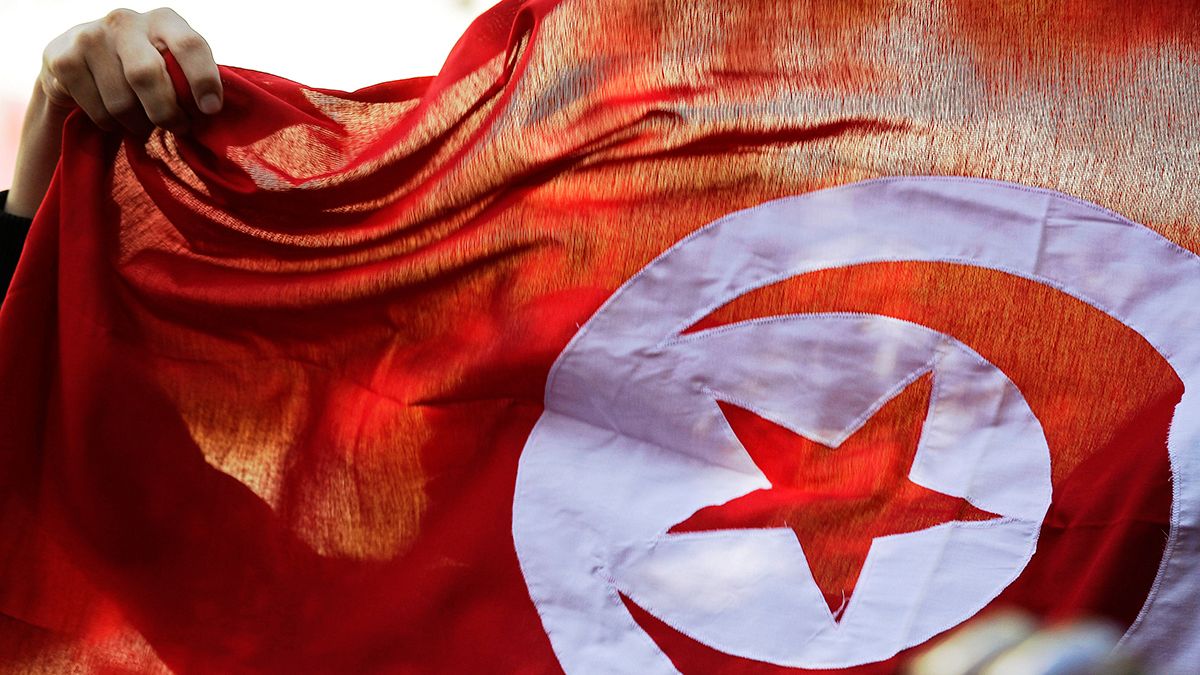The cradle of the Arab Spring, Tunisia is also the only country among all those affected by the movement to have succeeded in its transition to
The cradle of the Arab Spring, Tunisia is also the only country among all those affected by the movement to have succeeded in its transition to democracy.
In December 2014, Tunisians celebrated the election of Beji Caid Essebsi, the nation’s first democratically elected president, four years after the revolution.
In January 2014, after two years of debate and compromise, and one year late, the Constituent Assembly approved the constitution. It was one of the most progressive in the Arab world, with guarantees on freedom of religion and women’s rights – to the delight of the assembly’s female vice-president.
“God willing, there will be lots of other peoples like ours who yearn for freedom, who will follow our path. It’s been a smooth transition, there is not just dictatorship or chaos and violence, there is freedom, democracy, living together, peace!” a delighted Mehrzia Laabidi said at the time.
Yet after the revolution, there also emerged in the country a jihadist movement which launched violent attacks on political opponents, such as Chokri Belaïd, assassinated on February 6, 2013.
Then, Mohamed Brahmi, nationalist left-wing opposition figure, was murdered near the capital on July 25, 2013. Jihadists claimed responsibility for both killings, which provoked serious political crises.
On July 29 last year, several soldiers were killed in an ambush at Mount Chaambi, on the Algerian border, where a group linked to al-Qaeda has been hunted down since December 2012.
The group has carried out a number of attacks on the security forces in Tunisia’s mountainous region.
The revolution and its consequences haven’t spared tourism, a major generator of the economy in a country devoid of oil.
In February 2011, one month after the dictator Ben Ali had fled, the tourist island of Djerba was deserted by tourists despite being peaceful.
Figures from the Tunisian Ministry of Tourism show a gradual decline in the number of foreign tourists over the past five years.
In 2010 Tunisia welcomed around seven million foreign tourists. In 2013 the number had dropped to 6.27 million, with 2014 bringing a fall of over three percent, to 6.07 million.
At a tourist fair in Berlin a year ago, Tunisia was battling to win back its European tourists.
“Democracy without bread does not work. For us, our bread is the economy. Tourism is a part of the economy. We need all Europeans to help the Arab world’s first democracy,” Amel Karboul, Tunisia’s Minister of Tourism, said while touring the fair.
Tourism is responsible for between 18 and 20 percent of cash receipts per year, and generates seven percent of Tunisia’s GDP (Gross Domestic Product).
It is a proportion of the country’s wealth that Tunisia cannot afford to lose.
Euronews spoke to Suhaire Belhassan, honorary president of the International Federation for Human Rights.
Euronews:
Yesterday we witnessed the biggest attack the capital Tunis has seen since the revolution began. In your opinion, is it down to the terrorists being well organised or the disorganisation of the Tunisian security forces?
Suhaire Belhassan:
It’s down to two factors. On the one hand, the disorganisation of the Tunisian security forces, and on the other, the existence of these terrorist organisations who were able to develop in Tunisia. The previous governments allowed it to happen.
Euronews:
As I understand it, you are accusing the previous regimes or the governments that collaborate with these terrorist organisations?
Belhassan:
I didn’t say that they collaborate, but they let it happen.
Euronews:
Did these people come from elsewhere or are they Tunisian; and did they become organised in Tunisia? How did it happen?
Belhassan:
Some of them came from Libya. Now there are 3,000 terrorists on Tunisian soil, in the south. There is the Ansar Achariaa organisation which has been in existence for months, if not years. There’s also Oqba Ben Naféh in Keirouan.
Euronews:
In your opinion are the Tunisian government and the military capable of defeating these terrorist organisations?
Belhassan:
As you know the Tunisian military are not very numerous as they are in Egypt, they lack weapons and logistics as well as a good security system.
